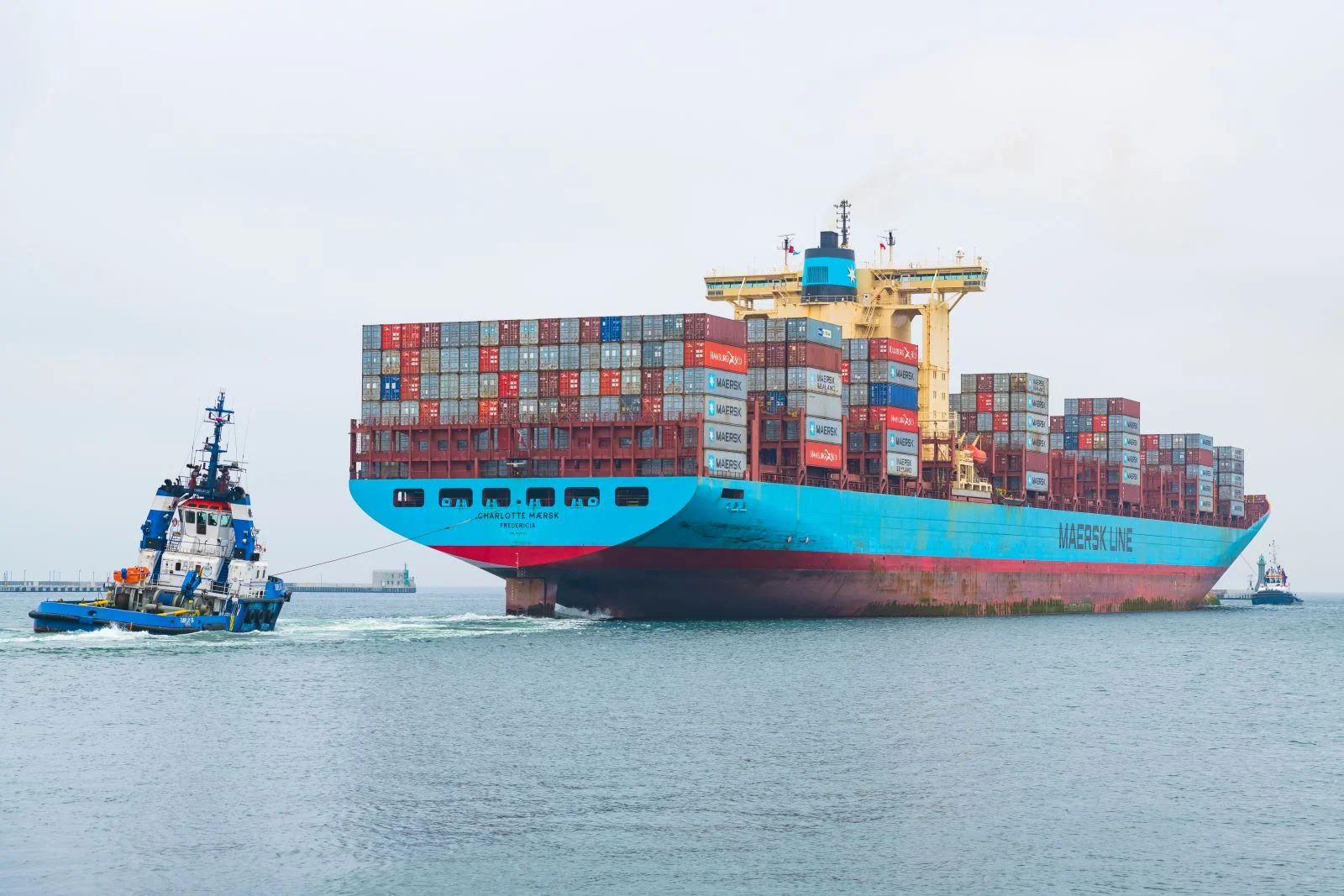1. Historical Military Interventions

Image Credit: Pexels / Kevin B
The U.S. has a history of military interventions in various countries, which is often seen as overreach or domination.
2. Cultural Imperialism

Image Credit: Pexels / cottonbro studio
From movies to fast food, the widespread export of American culture can lead to perceptions of cultural imperialism and a loss of indigenous traditions.
3. Economic Policies

Image Credit: Pexels / Karolina Kaboompics
U.S. economic policies and sanctions can have devastating effects on the economies of other countries, leading to resentment and hardship.
4. Support for Unpopular Leaders

Image Credit: Pexels / Brett Sayles
The U.S. support for certain foreign leaders or regimes, which may be authoritarian, can generate significant backlash from the local populace.
5. Perception of Arrogance

Image Credit: Shutterstock / ArtFamily
The stereotype of the “ugly American” — loud, wealthy, and disrespectful — still affects how citizens from the U.S. are viewed abroad.
6. Ignorance of Local Cultures

Image Credit: Shutterstock / Atstock Productions
When Americans abroad show little respect for or knowledge of local customs and languages, it can foster resentment.
7. Media Portrayal

Image Credit: Shutterstock / ASDF_MEDIA
How the U.S. is portrayed in its media and the global media can contribute to its negative image, especially if perceived as biased or imperialistic.
8. Environmental Policies

Image Credit: Shutterstock / 3rdtimeluckystudio
The U.S. withdrawal from international environmental agreements and perceived negligence towards global climate issues can spark discontent.
9. Political Influence

Image Credit: Pexels / Element5 Digital
U.S. involvement in the political processes of other countries, whether through direct intervention or diplomatic pressure, can be viewed negatively.
10. Economic Inequality

Image Credit: Pexels / Karolina Kaboompics
The global perception of the U.S. as a place of wealth and excess, contrasted with poverty in many parts of the world, can fuel envy and animosity.
11. Tourism Behavior

Image Credit: Shutterstock / Iryna Inshyna
Some American tourists’ behaviors can reinforce negative stereotypes and cause local resentment.
12. Corporate Practices

Image Credit: Pexels / Pixabay
The practices of U.S.-based multinational corporations that exploit local workers or resources can lead to negative perceptions.
13. Military Presence

Image Credit: Pexels / Matthew Hintz
The permanent presence of U.S. military bases in foreign countries can be seen as an infringement on sovereignty.
14. Unilateral Actions

Image Credit: Shutterstock / Gorodenkoff
Actions taken by the U.S. without international consensus, such as wars in the Middle East, have contributed to its negative image.
15. Foreign Aid Bias

Image Credit: Pexels / cottonbro studio
The distribution of U.S. foreign aid can sometimes appear biased or tied to American interests, which can cause resentment.
16. Espionage Allegations

Image Credit: Shutterstock / New Africa
Allegations of U.S. espionage, as revealed by figures like Edward Snowden, have damaged trust in international relations.
17. Visa Policies

Image Credit: Shutterstock / Andrey_Popov
Strict or discriminatory U.S. visa policies can cause personal and professional frustrations for non-Americans.
18. Consumer Culture Export

Image Credit: Shutterstock / TheHighestQualityImages
The export of American consumer culture is often criticized for promoting materialism and homogenization.
19. Intellectual Property Enforcement

Image Credit: Shutterstock / Ulf Wittrock
U.S. efforts to enforce its intellectual property standards internationally can sometimes clash with local practices and needs.
20. Global Policeman Role

Image Credit: Shutterstock / LightField Studios
The self-appointed role of the U.S. as the “world’s policeman” can be seen as overstepping and paternalistic.
21. Technology Dominance

Image Credit: Shutterstock / Miha Creative
Dominance by U.S. tech companies in global markets is sometimes seen as a threat to local businesses and cultures.
Reflect and Respect

Image Credit: Pexels / Monstera Production
Understanding these factors isn’t about agreeing with every criticism—it’s about recognizing the complexities of how the U.S. is perceived globally. By acknowledging these perspectives, you can engage more thoughtfully and respectfully with people from diverse backgrounds during your travels.
Ghost Roads of America: 12 Haunted Highways with Tales of Terror and Creepy Rest Stops

Image Credit: Shutterstock / donvictorio
Discover chilling tales from the America’s spookiest roads complete with ghostly figures and eerie phenomena in this thrilling guide to paranormal hotspots—perfect for adventure seekers and ghost enthusiasts. Ready for a supernatural road trip? Ghost Roads of America: 12 Haunted Highways with Tales of Terror and Creepy Rest Stops
18 High-Crime Cities in the US You Should Avoid

Image Credit: Pexels / Adrian Newell
American cities dazzle with culture and history, yet rising crime rates demand cautious exploration. This guide ensures you stay informed and safe. 18 High-Crime Cities in the US You Should Avoid
22 of America’s Most Charming Towns

Image Credit: Shutterstock / Nejdet Duzen
Hit the road and discover America’s coziest towns, real-life versions of those quaint settings from your favorite novels. Explore charming streets where every storefront tells a story and locals greet everyone with a hello. Ready to dive into the charm? 22 of America’s Most Charming Towns
Featured Image Credit: Shutterstock / Antonio Guillem.
For transparency, this content was partly developed with AI assistance and carefully curated by an experienced editor to be informative and ensure accuracy.
Tips for Trip Success
Book Your Flight
Find an inexpensive flight by using Kayak, a favorite of ours because it regularly returns less expensive flight options from a variety of airlines.
Book Your Hotel or Special Accommodation
We are big fans of Booking.com. We like their review system and photos. If we want to see more reviews and additional booking options, we go to Expedia.
You Need Travel Insurance!
Good travel insurance means having total peace of mind. Travel insurance protects you when your medical insurance often will not and better than what you get from your credit card. It will provide comprehensive coverage should you need medical treatment or return to the United States, compensation for trip interruption, baggage loss, and other situations.Find the Perfect Insurance Plan for Your Trip
PassingThru is a participant in the Amazon Services LLC Associates Program. As an Amazon Associate I earn from qualifying purchases.
To view PassingThru’s privacy policy, click here.
